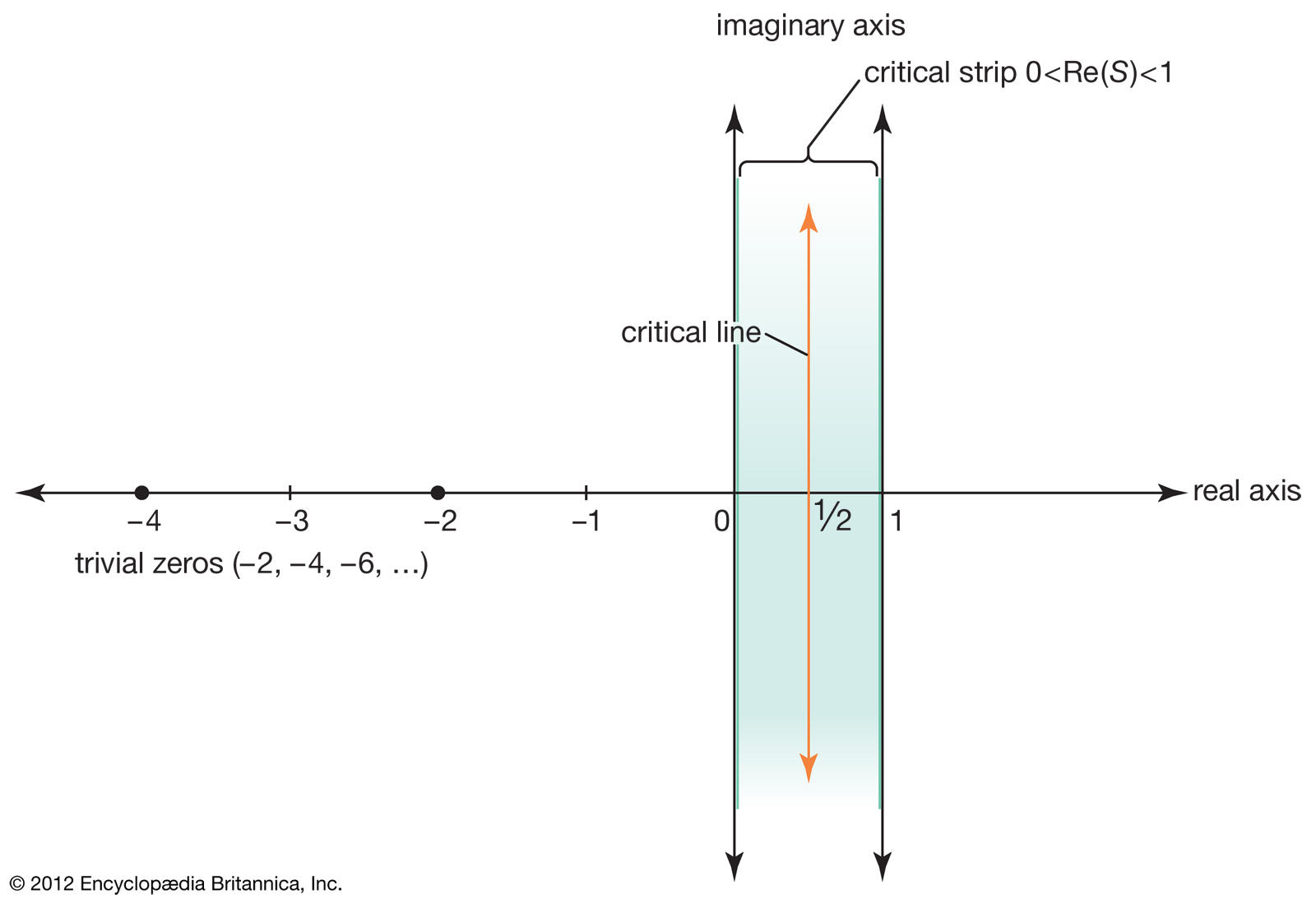A math question known as the Riemann hypothesis can earn you a staggering $1 million just for solving it.
The equation got its name from German mathematician Bernhard Riemann in an 1859 paper called ‘Ueber die Anzahl der Primzahlen unter einer gegebenen Grösse’ – which translates to ‘On the Number of Primes Less Than a Given Magnitude’.
To put it as simply as possible, it is just about the distribution of prime numbers (which still sounds confusing).
Fortunately, the Clay Mathematics Institute of Cambridge, Massachusetts, explain much better than I can, as they write: “The prime number theorem determines the average distribution of the primes. The Riemann hypothesis tells us about the deviation from the average.
“Formulated in Riemann’s 1859 paper, it asserts that all the ‘non-obvious’ zeros of the zeta function are complex numbers with real part 1/2.”
Related Article: Man Who Won £4 Million On Lottery Takes Home £2.5 Million After Being Given Ultimatum
Related Article: Professor Explains Why Winning $20 Million Lottery Won’t Make You Happy
So what makes this theory so important? Well, the answer to the unproven question is simply yes or no, but if the answer is yes then it could have huge implications for number theory, encryption and the study of prime numbers.
This is why the Riemann hypothesis is sometimes referred to as the ‘holy grail of mathematics’.
According to comedian and former math teacher Matt Parker, many theorists are ‘obsessed with primes because they are the foundation of all other numbers’.
Speaking to The Guardian in 2010, he explained: “Prime numbers in mathematics are like atoms in chemistry, bricks in the construction industry and ludicrous pay cheques in professional football.
“Everything is built up from these fundamental units and you can investigate the integrity of something by taking a close look at the units from which it is made.
“To investigate how a number behaves you look at its prime factors, for example 63 is 3 x 3 x 7. Primes do not have factors: they are as simple as numbers get.”

However, if the Riemann hypothesis is proven to not be true, it would have a huge impact on what we already know about mathematics.
As explained by South African mathematician Peter Sarnak (via the New York Post): “If (the Riemann hypothesis) is not true, then the world is a very different place.
“In a way, it would be more interesting if it were false, but it would be a disaster because we’ve built so much around assuming its truth.”
Several mathematicians have attempted to solve the Riemann hypothesis, but none of their solutions has actually been accepted as valid proof.
The theory is that important the Clay Mathematics Institute will pay whoever solves it $1 million.
The Riemann hypothesis was dubbed a ‘Millennium Prize Problem’. This is a term used for one of seven mathematical problems that are deemed to be crucial to increasing our mathematical knowledge.
Related Article: Children’s Maths Question Asking The Closest Time To Midnight Has People Baffled
Related Article: Man Uses Simple Math Formula To Win Lotto Jackpot Fourteen Times
The institute says: “This has been checked for the first 10,000,000,000,000 solutions.
“A proof that it is true for every interesting solution would shed light on many of the mysteries surrounding the distribution of prime numbers.”
So if anyone wants to earn a million dollars, have a crack at this equation that theorists have been trying to solve for over 150 years.
Do you have a story for us? If so, email us at [email protected]. All contact will be treated in confidence.






